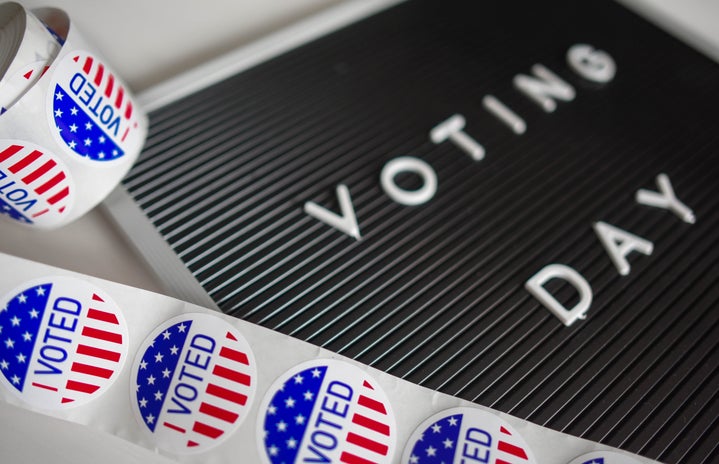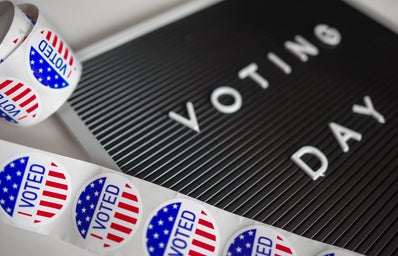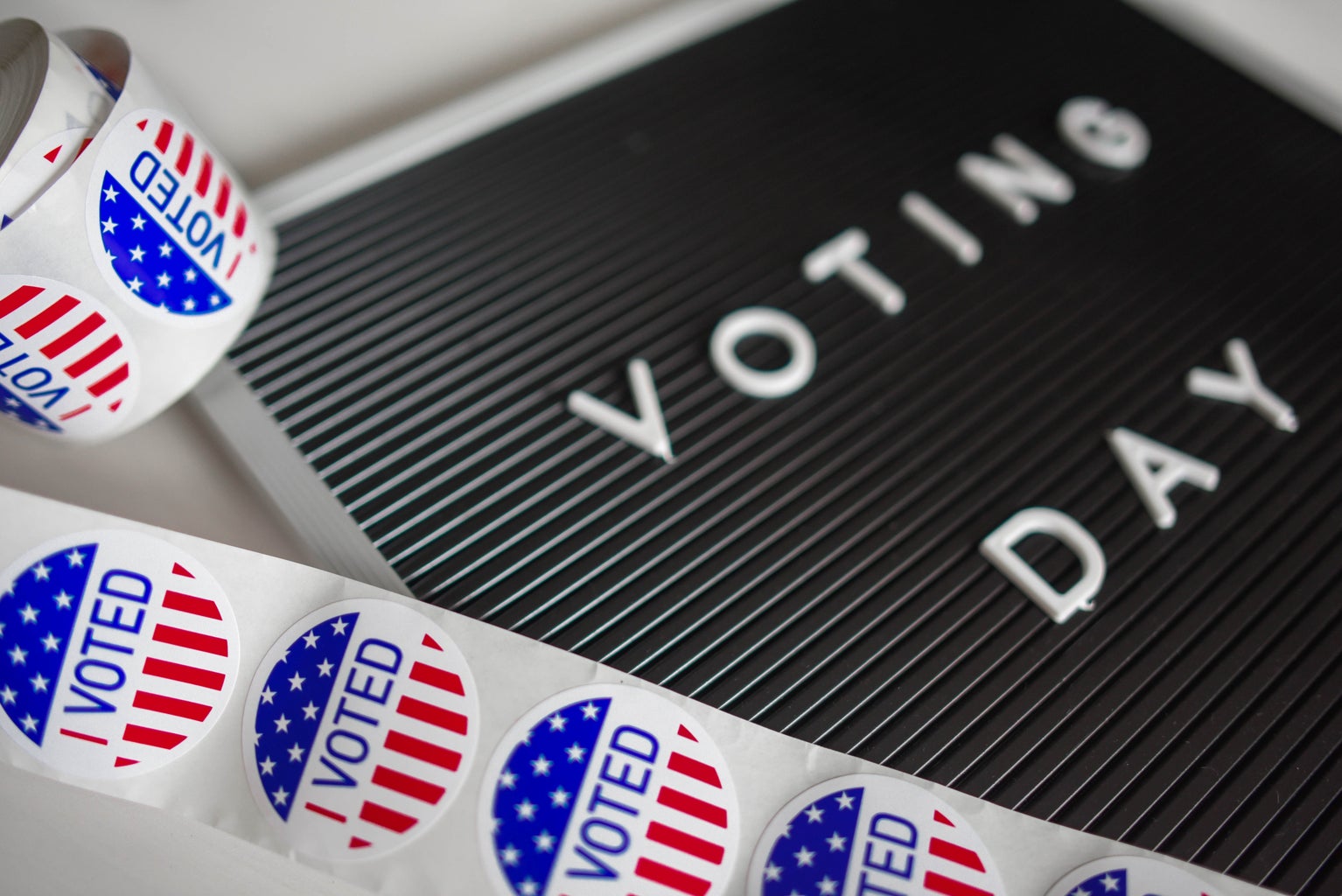Generation Z is progressively becoming old enough to make up a considerable portion of the electorate within elections. Their vote contributed to President Biden’s presidential win in 2020 and will possibly continue to carry significance in the 2022 midterms.
Often called the “Homelands” or “iGerneration,” gen-z was born between 1996 to 2012, with the eldest turning 26 this year. Their eldest members registered to vote for the first time in the 2016 election, but their vote only made up two percent of shared votes, according to Pew Research.
Each year, gen-z continues to show up at the polls, becoming the target audience for several candidates pursuing votes. As More gen-zers turn the eligible voting age, their voices persist through their ballots. In the 2020 presidential election, they comprised eight percent of the overall electorate vote, which tripled since 2016.
Their generation contributed to a large share of President Biden’s win against former President Trump, with 61 percent expressing they were voting for the Democratic candidate and party.
Georgia has 7,004,034 active voters from records conducted in December 2021. 821,029 of these active voters are gen-z between the ages 18-24, which dominates Millennials and Gen X but is significantly lower than Baby Boomer active voters by a massive amount.
A vast majority of young voters were crucial to Georgia Senators Ossof’s and Raphael Warnock’s runoff wins in the 2020 midterms that resulted in a majority democratic senate. According to a CNBC exit poll survey, Georgia voters between the ages 18-29 cast their ballots in favor of the democratic senate candidates with 54 percent.
As a swing state, Georgia’s governor and senate races are crucial to watch come this November, and gen-z’s vote could influence each race’s turnout like the past years.
Some may say they are more politically committed — as opposed to their parents or grandparents at their age. They witnessed mass shootings, police brutality, natural disasters and recessions at a young age — courtesy of the internet. The age of digital media became a huge part of their existence and being exposed to social media in their younger years — seeing all the worldly events transpire through their screens.
The historical event that we call COVID-19 caused many to work from home, go to school on zoom and stay home. The pandemic reshaped the economic and cultural landscape of the world, contributing to vital changes in how people go about their daily lives.
This generation has seen, heard, and endured a lot — to say the least — which is why they are socially, economically and politically engaged in elections.
They want a better future.
A 2022 study by the Ignite political organization showed gen-z’s overall top focal issues in the midterms are health care, mass shootings and mental health. When taking cisgender men out of the survey — one of the top issues their generation is concerned about is abortion.
According to The Hill, recent trends predict gen-z and millennial voters to make up the largest voting group in the U.S. by 2024.
As more gen-zers become active voters this November, many will witness the impact of their generation’s effect on the election this year and the years to follow.



